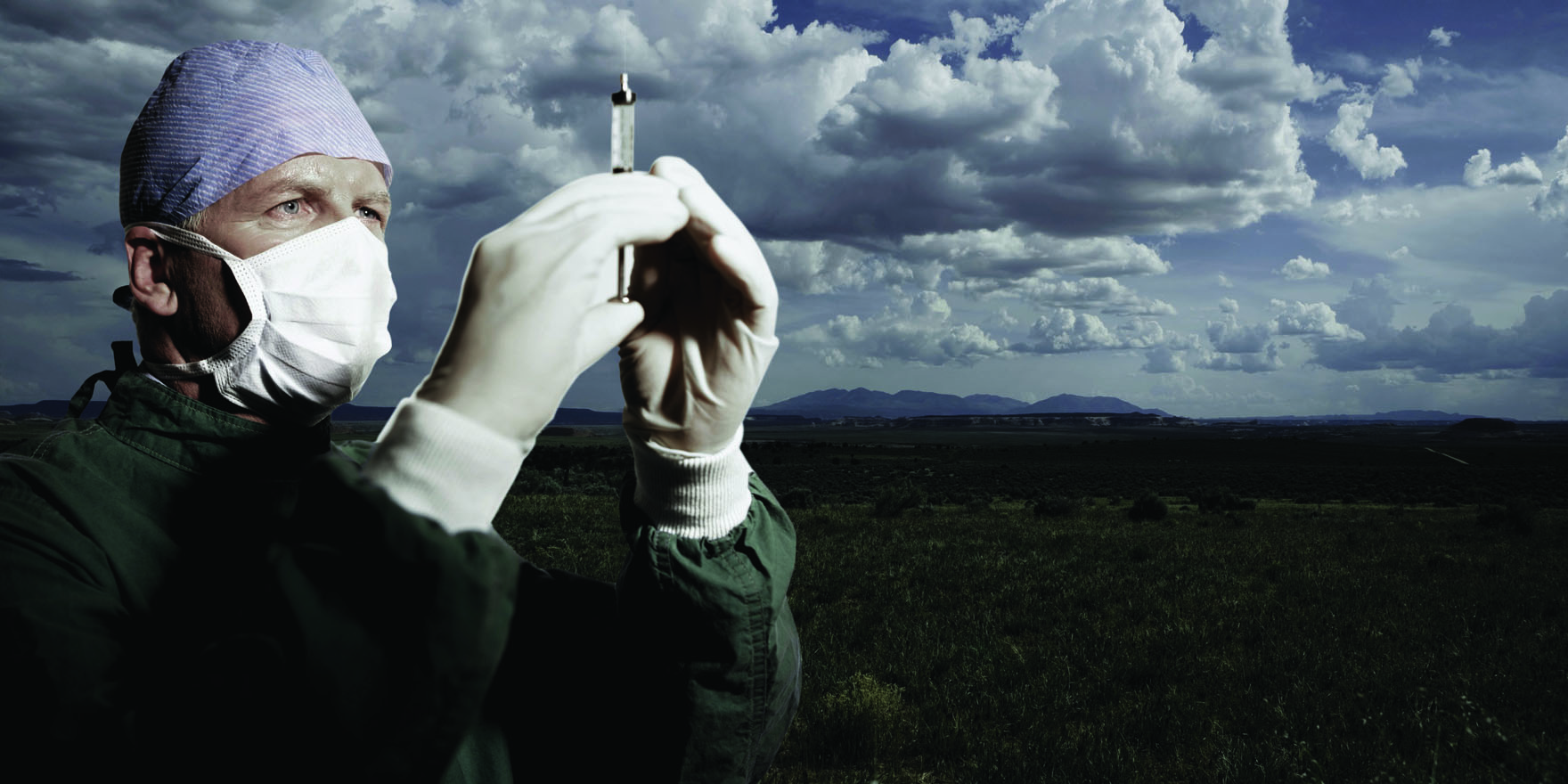Australia’s rural generalist model is global success story, but the profession can’t rest on its laurels
Doctors from 38 countries resolved to fight for greater international recognition of rural generalist medicine at a meeting in Cairns last week.
Delegates at the fifth world summit on rural generalist medicine last Friday resolved to form strategic alliances and partnerships, and to generate and gather evidence to prove the broader scope of general practice brought exceptional value to communities in rural and remote locations.
“For success, rural generalism needs support, infrastructure and recognition,” ACRRM president Associate Professor Ruth Stewart told the conference.
Trained to think rationally, doctors often became flummoxed when their “good ideas” did not take hold. But the rural generalist movement needed to argue their case on the basis of economics and workforce issues, but also to tell stories of their successes, she said.
Addressing a strategy session, Canadian Professor Stefan Grzybowski said a common characteristic of rural generalist doctors was clinical courage – because they so often faced the unexpected – and another was humility.
“I want you to take your humility and park it,” he said. “It’s hard to be bold with humility.”
Dr Manabu Saito, from Japan, said the mentorship of Australia’s rural doctor movement had inspired him to start up a rural generalist training program two years ago to answer medical workforce shortages on remote islands.
Conference chair, Professor Richard Murray, said the progress that had been made in Australia over the past 20 years was extraordinary, to a point where the Australian generalist model was being exported overseas.
“I think we are recognised internationally for leadership,” Professor Murray, dean of the medical school at James Cook University, told The Medical Republic.
“We are the only country with a formally recognised college of rural and remote medicine.
“We have growing jurisdictional support because states have a vested interest – they are politically exposed to the closure and collapse of health facilities – and increasing support from the federal government, as in the creation of the Rural Health Commissioner role.”
This progress builds on initiatives where Australia had also been a leader in the undergraduate space by establishing rural clinical schools and scholarships.
“These have now been in place since the mid-90s, so now it’s all coming together. However, we should never become complacent. There are powerful forces that drive narrowing of scope,” Professor Murray said.
At present, rural generalist medicine is recognised as a specialty only in the state of Queensland.


